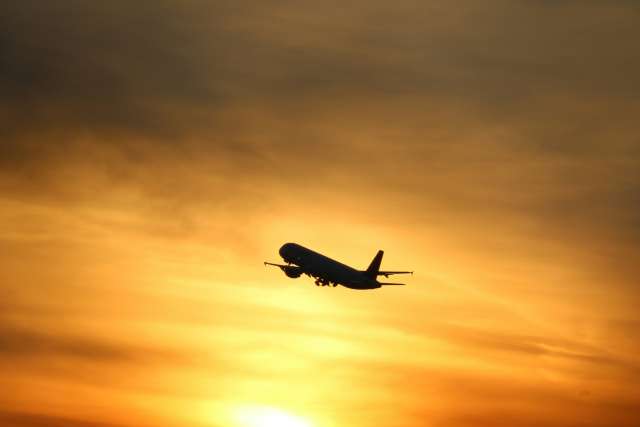Dear Doctors: I've noticed that as I get older, jet lag hits me harder. I recently read that timing your meals on the day you fly can make a difference. Do you know if that's true? I'm also curious about apps like Timeshifter, which my son swears by. Can they help?
Dear Reader: Jet lag is the collection of unpleasant symptoms that occur when a flight takes you across multiple time zones. When you arrive, your body's inner clock is out of sync with your destination, and that exacts a physical toll.
Symptoms of jet lag include daytime fatigue, low mood, disordered sleep, brain fog and a general feeling of malaise. Some people experience gastric problems, including diarrhea or constipation. Traveling west is easier on the body clock than traveling east, because it prolongs the normal day-night cycle, but the more time zones that are involved, the greater the net effects of jet lag. And as you have discovered, the effects of jet lag can become more pronounced and harder to shake off as we age.
The challenge of jet lag lies in the complexity of our bodies' circadian rhythms. Also referred to as the body clock, they are synced to our planet's 24-hour cycle of daylight and darkness. Circadian rhythms trigger the hormonal, neural and other changes in the brain that oversee sleep and wake patterns. They also affect mood and cognition, are influenced by physical activity and control how our bodies process nutrients.
Making things even trickier is newer research that suggests each cell has its own internal clock. Emerging evidence also shows that exposure to as little as five minutes of bright light can cause the circadian system to reset and recalibrate. With so many intricate and interlocking biological systems involved, it's easy to see how the problem of jet lag remains unsolved.
Resetting the body clock during travel typically takes about one day per time zone crossed. Popular strategies to speed recovery include scheduling exposure to light or dark, taking melatonin to signal sleep and using sleep medications.
In a study published last fall, researchers from Northwestern University explored a possible role for food in managing jet lag. They found that scheduling meals to match the new zone helped to reset the body clock. Someone traveling to Europe from New York on an evening flight, for example, would have a light dinner and avoid eating on the flight. Upon arrival in the morning, they would have a hearty breakfast. That, along with deliberate exposure to bright daylight, was found to cut the typical six-day recovery time by as much as one-third.
Apps like the one your son recommends use each person's travel information to craft a detailed jet lag recovery schedule. This includes exposure to light and darkness and optimal sleep and wake times, both before the trip and after arrival at the destination. Some include an alarm function synced to gradually awaken the individual during a cycle of light sleep, which can help to minimize grogginess. Although scientific proof of their efficacy is lacking, anecdotal evidence suggests these apps can be helpful.
(Send your questions to [email protected], or write: Ask the Doctors, c/o UCLA Health Sciences Media Relations, 10960 Wilshire Blvd., Suite 1955, Los Angeles, CA, 90024. Owing to the volume of mail, personal replies cannot be provided.)





